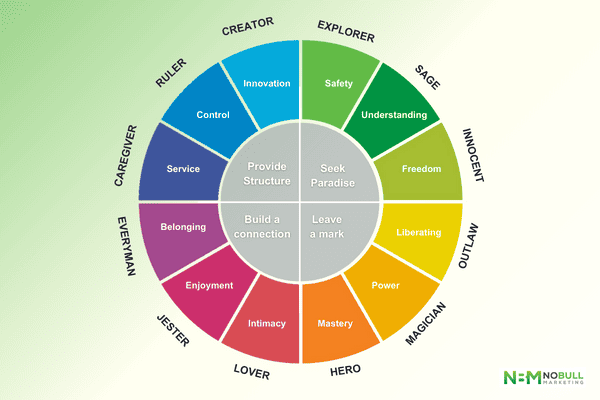So you’re thinking of hiring a copywriter? Congratulations! That’s the first step towards words which work harder for you and your business. But how do you decide who to hire? What makes a good copywriter? And more importantly, what makes a good copywriter for you and your project?
I know it sounds obvious, but start by making sure you know what you want from the copywriter. You don’t necessarily need a copywriting brief, but you do need some clarity around the scope of your copywriting needs.
Once you’ve got that settled, it’s time to assess individual copywriters and see how well they align with you.
I’m going to take it for granted that any copywriter can write, can spell and has reasonable grammar. (Note that they may not obey all the rules of formal grammar. I certainly don’t when writing for the web, but I do obey the rules of standard conversational English.) That means you still need to choose between them.
The following tips might help you with that process.
Industry knowledge is not (usually) essential

Many business owners assume they need a copywriter who’s an expert in their industry. Usually, that’s not the case.
Usually, you’re the industry expert. Your copywriter is the writing expert.
Your copy needs to work for your clients. Are your clients experts? For most businesses, the answer is ‘no’.
- The risk with an ‘industry expert’ copywriter is that they’ll assume knowledge which your clients don’t have. That could be jargon, regulatory requirements or something else.
- A non-expert will stop and ask questions, or look things up. That’s a great way to make sure you get copy which your potential clients can understand.
Now, there are times when you need expert knowledge – when your clients are experts. For example, if you sell cardiac monitoring equipment, your clients are cardiac surgeons. They’re experts in cardiology. You need a copywriter with some idea about cardiology.
The question here is how much knowledge your clients have. If they’re experts, you need an expert copywriter. If they’re not, focus on finding someone who can write, not on what they write about.
Choose a copywriter who aligns with your brand

This one’s a little out-of-left-field! What’s the copywriter’s brand archetype and how closely does it relate to your own brand archetype?
There are twelve generally accepted brand archetypes – your business probably has one major archetypes and two or three secondary archetypes. A copywriter will be the same.
For example, my primary archetype is Sage, so I work well with businesses which pitch knowledge and expertise. (They can be in any industry, but their main message is often that they ‘know their stuff’ which means they can help you in their area of expertise. Think L’Oreal and their focus on research and the science of beauty.) I also connect with caregivers, explorers and heroes, but I’m not so much of a lover. I’d rather write for L’Oreal than Victoria’s Secret!
Copywriters are trained and experienced in writing to different voices and brands – but they still have a natural preference. Someone who’s aligned to your brand might just find it easier to shine when writing copy for you!
Ask how copywriters are using AI

ChatGPT has changed the copywriting world. If you’re still thinking about a copywriter, you probably don’t think it’s the best thing since sliced bread. (Neither do I – there are some things AI just doesn’t do as well as humans, even in the pure writing stage of the copywriting process.) However, AI is here to stay, and it can be a valuable tool. So it’s certainly worth asking copywriters how they use AI.
Most will now use it in some parts of their process, so the answer will give you insight into where they add value and how efficient they are.
For example, I use AI to:
- Perform initial research into markets, topics or businesses
- Analyse competitor copy
- Generate questions for interviews
- Generate initial headlines or phrases which inspire the final copy
However, I always
- talk directly to clients to capture your brand voice and your turn of phrase
- ask questions to extract original stories, examples and analogies which mean I can create original and relevant content
- write the actual copy
By the way, you may also want to ask whether the copywriter outsources any writing to human third parties. This happens more often than you might think!
Ask for references or samples of work
References are always a great way to find out more about a copywriter. Don’t just look at a star rating. See what clients say. That will give you a feel for what it’s like working with this copywriter.
When you’re choosing a copywriter, you can also ask for samples of their work.
Often that will be work they have done, or are still doing for another client which is in the public domain. (We write the Radincon blog, for example.) As mentioned above, ask to see something similar to what you want for your project.
You can also ask a copywriter to write a sample for you. They may charge for this – depending on the length of the sample. Or they may be willing to critique or edit a small piece of existing copy so you can see how it might be different.
Or you can just give a new copywriter a small project first of all to see how they tackle it.
***
I hope all of that helps. In the end though, what makes a good copywriter is that you get the copy you want and the results you want – and that you enjoy at least some of the process along the way.
And if after all that I’m still on your list of potential copywriters, send me an enquiry or book a time to talk.






